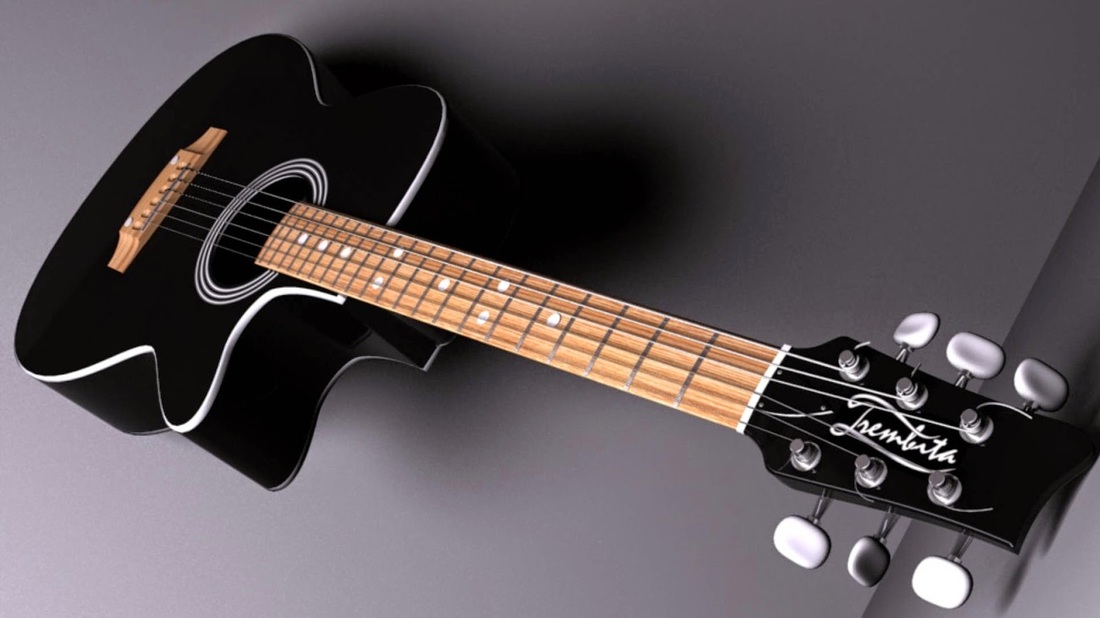Ever wanted to know what the right instrument was for your or your student? Perhaps your first instrument is now a little old and needs upgrading. If so, follow these easy suggestions for a hassle free shopping experience.
1. Research before you shop
Impulse buying can be the biggest wallet and self-esteem killer for novice shoppers. Shiny lacquer coats, extra buttons, and smooth talking sales people can soon have you parting ways with your hard earned cash. There is nothing wrong with spending a little more than usual when buying a quality instrument, however you need to make it a conscious and deliberate decision based on your or your student’s specific needs. So before you even think of walking out the door, jump online and look for at least 3 retailers or shops that sell what you are looking for. Find their highest and lowers priced instrument in your category of interest, then write down the price range. Repeat this for each retailer, and definitely make sure you have this on you on the big day. I generally recommend Guitar Factory, Allans Music and JB HI Fi as these offer a wide scope and variety of brands, prices and accessories for music students of all levels.
2. Think about your specific needs
So you have researched the market and you have a rough budget; but what next? Now it’s time to think about you. What do you need the instrument for? Is it for general practice and fun, or are you planning on joining a band someday? Will you use it to write your own music, or will you be competing in shows and talent quests? All of these questions will help you to determine if you need an entry, intermediate or professional level instrument; and which features are important to you. For instance, a young beginner piano student will not need a full sized 88 key grand piano. They may however benefit from a small portable digital piano with some fun features like songs and sound banks. An intermediate guitar student may need to purchase an electro-acoustic guitar with a built in tuner and accompanying amplifier for those school band practices. An advanced percussion student will certainly need a solid acoustic drum set with decent cymbal packs, brushes, mallets and an adjustable throne. Every instrument and student combination will be unique, so take the time to think about what your specific needs are.
3. Bank or Budget?
You may have found the Fender or Steinway of your dreams, however your wallet may have other plans, hence it is important to know how much of an investment is appropriate for your level and circumstance. I would always recommend purchasing a quality instrument for a little more cost as it will last longer and perform better than a cheap alternative. That being said, you can find some very good quality second hand instruments at bargain prices from people who have sadly lost their passion or simply need to sell their 9th guitar to pay for rent. Try looking in classified ads such as www.gumtree.com.au or other similar sites as you may be surprised at the bargains you can find. However be careful of scammers and fake goods, and remember to always do your research first.
4. Try it out
You would never purchase a car without first test driving it. The same goes for your next instrument or upgrade. No matter how expensive it is, or how smooth the salesperson may be; there is never an excuse for purchasing an instrument without first trying it. All decent retailers will have display floor stock set up and ready for you to play. Remember that you are the customer who is about to spend hundreds if not thousands of dollars and bringing business to them. So be brave, play and listen to the instrument then take your time before you make the final decision. If it does not live up to your expectations then ask to see a comparable substitute or simply walk away. Trust me on this, you do not want to take home a lemon, experience bitter disappointment, and then come crawling back to the store only to be offered an exchange or store credit. Love your instrument or leave!
5. Care and maintain it
Depending on your practice routine and general care, your instrument cam last a long time. However even the best instruments need a tune up and clean after a while. So I recommend that you purchase a decent case (soft or hard), and after each practice, cover or place the instrument properly. Avoid leaving it in humid or wet areas, and definitely not in the garage or boot of your car. Handle it with care and take it to the shop whenever you need a maintenance or you notice a loss in the quality of the sound.
With a little planning and prior thought, your next instrument or upgrade will be a memorable experience. Why not take it a step further and speak with our musical experts at Contreras Music. Our teachers are not only educators but active musicians who perform in the real world. We can point you in the right direction, give you insider tips and even find great deals for your next instrument or upgrade. If you already own your dream instrument but are sick of mediocre YouTube lessons, then visit www.contrerasmusic.com and book in a free face to face lesson with our professional teachers, and start learning the right way today!
If you have your own tips for buying the perfect instrument, why not share them below?
© 2016 Cristian Contreras.
www.ContrerasMusic.Com
Impulse buying can be the biggest wallet and self-esteem killer for novice shoppers. Shiny lacquer coats, extra buttons, and smooth talking sales people can soon have you parting ways with your hard earned cash. There is nothing wrong with spending a little more than usual when buying a quality instrument, however you need to make it a conscious and deliberate decision based on your or your student’s specific needs. So before you even think of walking out the door, jump online and look for at least 3 retailers or shops that sell what you are looking for. Find their highest and lowers priced instrument in your category of interest, then write down the price range. Repeat this for each retailer, and definitely make sure you have this on you on the big day. I generally recommend Guitar Factory, Allans Music and JB HI Fi as these offer a wide scope and variety of brands, prices and accessories for music students of all levels.
2. Think about your specific needs
So you have researched the market and you have a rough budget; but what next? Now it’s time to think about you. What do you need the instrument for? Is it for general practice and fun, or are you planning on joining a band someday? Will you use it to write your own music, or will you be competing in shows and talent quests? All of these questions will help you to determine if you need an entry, intermediate or professional level instrument; and which features are important to you. For instance, a young beginner piano student will not need a full sized 88 key grand piano. They may however benefit from a small portable digital piano with some fun features like songs and sound banks. An intermediate guitar student may need to purchase an electro-acoustic guitar with a built in tuner and accompanying amplifier for those school band practices. An advanced percussion student will certainly need a solid acoustic drum set with decent cymbal packs, brushes, mallets and an adjustable throne. Every instrument and student combination will be unique, so take the time to think about what your specific needs are.
3. Bank or Budget?
You may have found the Fender or Steinway of your dreams, however your wallet may have other plans, hence it is important to know how much of an investment is appropriate for your level and circumstance. I would always recommend purchasing a quality instrument for a little more cost as it will last longer and perform better than a cheap alternative. That being said, you can find some very good quality second hand instruments at bargain prices from people who have sadly lost their passion or simply need to sell their 9th guitar to pay for rent. Try looking in classified ads such as www.gumtree.com.au or other similar sites as you may be surprised at the bargains you can find. However be careful of scammers and fake goods, and remember to always do your research first.
4. Try it out
You would never purchase a car without first test driving it. The same goes for your next instrument or upgrade. No matter how expensive it is, or how smooth the salesperson may be; there is never an excuse for purchasing an instrument without first trying it. All decent retailers will have display floor stock set up and ready for you to play. Remember that you are the customer who is about to spend hundreds if not thousands of dollars and bringing business to them. So be brave, play and listen to the instrument then take your time before you make the final decision. If it does not live up to your expectations then ask to see a comparable substitute or simply walk away. Trust me on this, you do not want to take home a lemon, experience bitter disappointment, and then come crawling back to the store only to be offered an exchange or store credit. Love your instrument or leave!
5. Care and maintain it
Depending on your practice routine and general care, your instrument cam last a long time. However even the best instruments need a tune up and clean after a while. So I recommend that you purchase a decent case (soft or hard), and after each practice, cover or place the instrument properly. Avoid leaving it in humid or wet areas, and definitely not in the garage or boot of your car. Handle it with care and take it to the shop whenever you need a maintenance or you notice a loss in the quality of the sound.
With a little planning and prior thought, your next instrument or upgrade will be a memorable experience. Why not take it a step further and speak with our musical experts at Contreras Music. Our teachers are not only educators but active musicians who perform in the real world. We can point you in the right direction, give you insider tips and even find great deals for your next instrument or upgrade. If you already own your dream instrument but are sick of mediocre YouTube lessons, then visit www.contrerasmusic.com and book in a free face to face lesson with our professional teachers, and start learning the right way today!
If you have your own tips for buying the perfect instrument, why not share them below?
© 2016 Cristian Contreras.
www.ContrerasMusic.Com


 RSS Feed
RSS Feed
